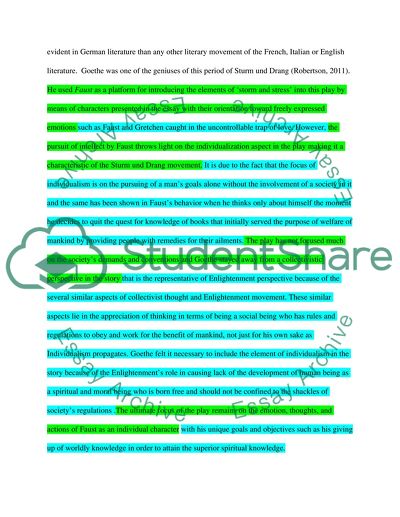Cite this document
(“Faust by Goethe Literature review Example | Topics and Well Written Essays - 2750 words”, n.d.)
Retrieved from https://studentshare.org/literature/1583643-faust-by-goethe
Retrieved from https://studentshare.org/literature/1583643-faust-by-goethe
(Faust by Goethe Literature Review Example | Topics and Well Written Essays - 2750 Words)
https://studentshare.org/literature/1583643-faust-by-goethe.
https://studentshare.org/literature/1583643-faust-by-goethe.
“Faust by Goethe Literature Review Example | Topics and Well Written Essays - 2750 Words”, n.d. https://studentshare.org/literature/1583643-faust-by-goethe.


